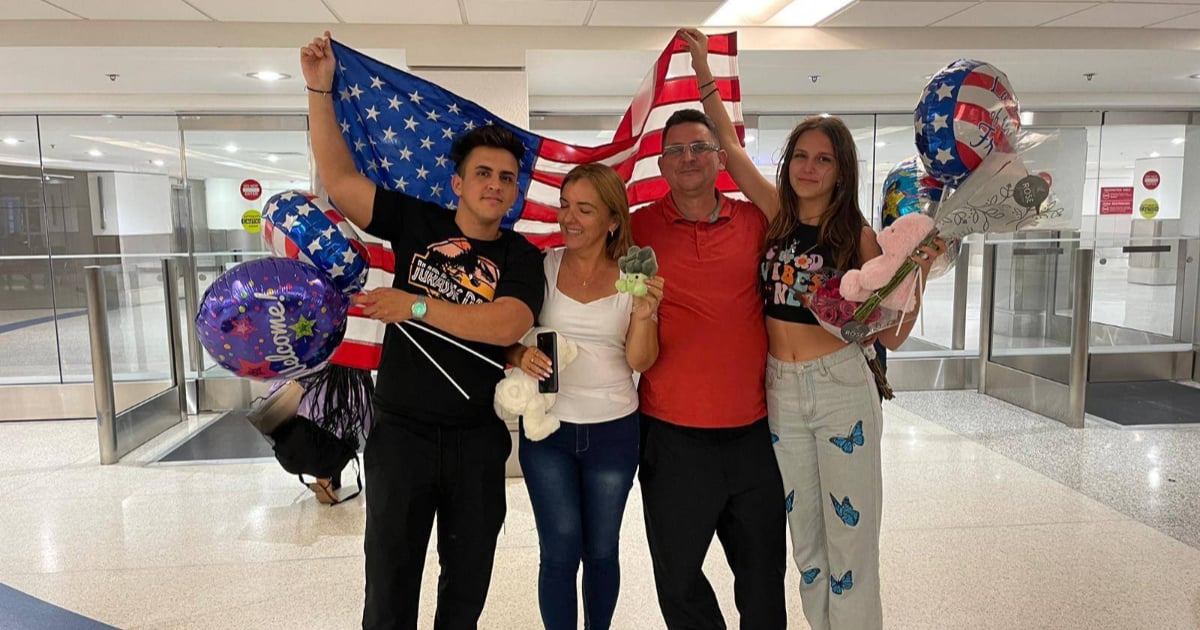The Department of Homeland Security (DHS) announced this Thursday the resumption of the humanitarian parole program, warning that it will hold individuals accountable for committing fraud or exploiting others for their gain with this initiative.
The program, which allows applicants from Haiti, Cuba, Venezuela, and Nicaragua to live and work in the United States, was paused several weeks ago after the DHS reported a significant level of fraud in the applications.
According to the statement, the DHS "is committed to holding individuals accountable who commit fraud or attempt to exploit others for their benefit. Anyone committing fraud or other abuses will be referred to the appropriate authorities for prosecution," the text, cited by Telemundo 51, states.
New Anti-Fraud Protocols
To prevent future fraud, the agency will implement new and improved investigation protocols. This will include a partnership with the Fraud Detection and National Security Directorate of the U.S. Citizenship and Immigration Services (USCIS) and the National Targeting Center of the Customs and Border Protection (CBP).
Enhanced measures will include increased scrutiny of financial records and criminal backgrounds of sponsors, additional investigations to identify fraudulent profiles, and reinforced review methods to detect trends in serial applications.
Additionally, the DHS announced that fingerprinting will now be required for sponsors residing in the United States as part of the verification process.
Authorities emphasized the importance of migrants seeking entry into the United States to use this process or existing legal pathways, including opportunities available through the Safe Mobility Offices, to ensure their entry into the country is legal, safe, and orderly.
Understanding the New Humanitarian Parole Measures
Below are some frequently asked questions and answers about the newly implemented measures for the humanitarian parole program.
What changes have been made to the humanitarian parole program?
The DHS has introduced stricter investigation protocols, including increased scrutiny of financial records and criminal backgrounds of sponsors, additional investigations to identify fraudulent profiles, and fingerprinting for sponsors residing in the U.S.
Why was the humanitarian parole program paused?
The program was paused due to the detection of significant fraud in the applications. The pause allowed the DHS to develop and implement new measures to prevent future fraud.
Which countries' applicants are eligible for the humanitarian parole program?
Applicants from Haiti, Cuba, Venezuela, and Nicaragua are eligible to apply for the humanitarian parole program.
